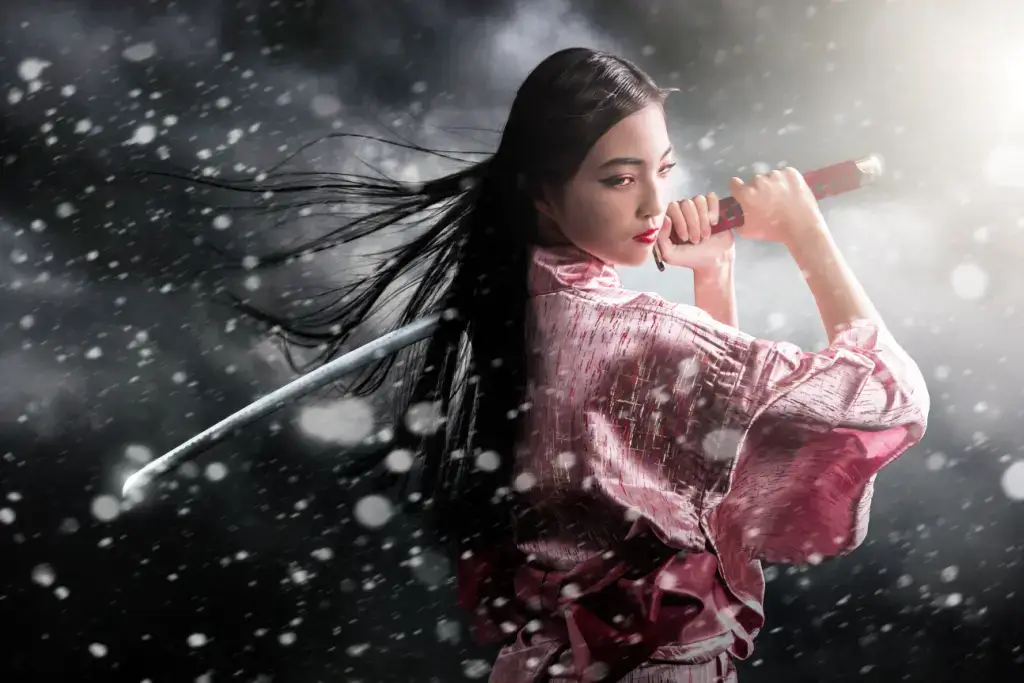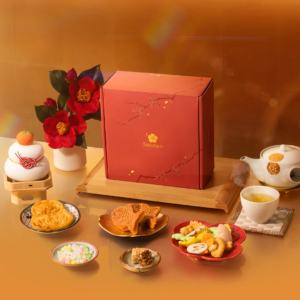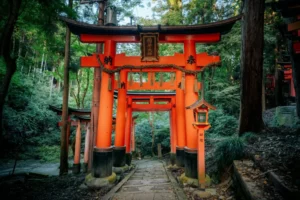Japan has experienced many wars throughout history and has fought with many valiant warriors. One group, the onna-musha, were female warriors who fought bravely alongside the male warriors in feudal Japan. They were famous for their martial prowess, and many people respected them for their bravery and courage in battle.
Table of Contents
ToggleWho were the onna-musha?
The onna-musha were women warriors, trained in the ways of war and as good as, if not better than, the men they fought alongside. Their existence is unique, as women were constrained to a rigid and nearly inflexible social caste in feudal Japan. The idea of a woman fighting on a battlefield, let alone wielding a weapon, was virtually unheard of during their time.
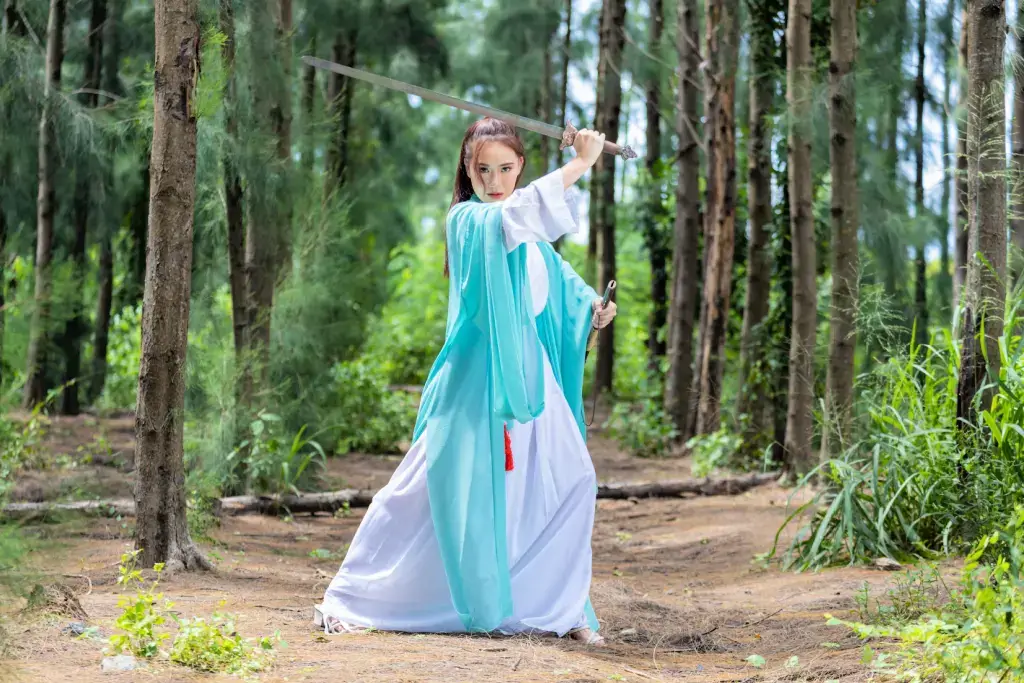
But these women proved otherwise and earned their status as accomplished warriors. Some women took part in significant battles throughout Japan’s history; some became famous for defeating important political figures; others still became famous for their exploits off the battlefield.
Where did they come from?
Many of the onna-musha throughout Japan’s history were women of high importance. More than simple commoners, farmers, or servants, the onna-musha were often members of Japan’s highest social classes. This is important as it explains why these women became involved with the sieges, battles, and politics they participated in. However, not every woman was born from a samurai.
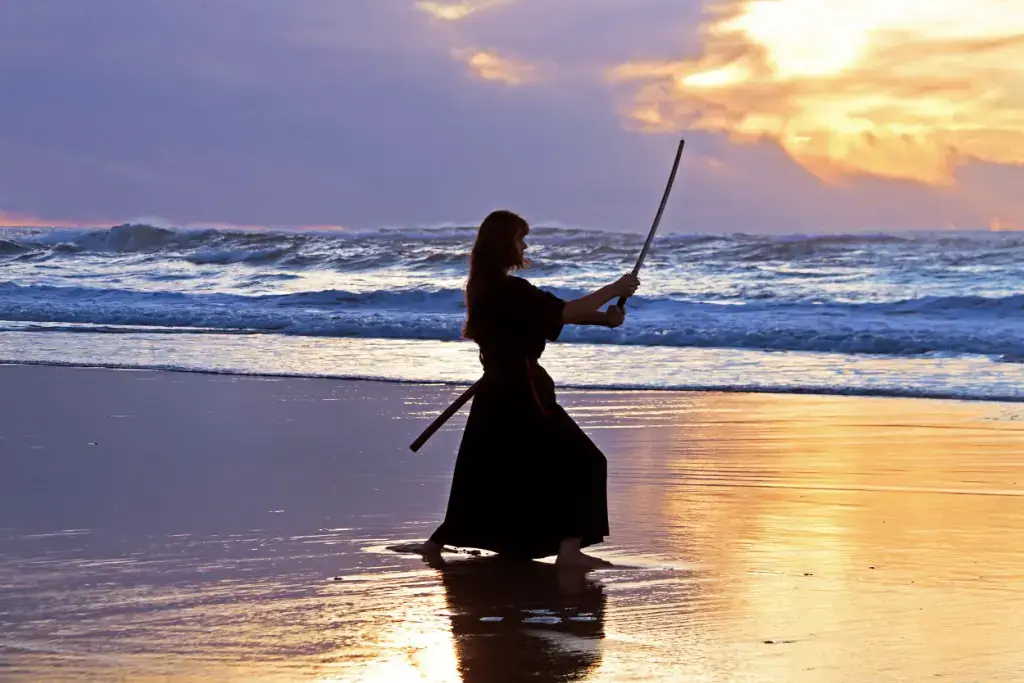
However, some were born from families of retainers, emperors, warlords, or were castellans before they took up their weapons. Their birthright became a bit of a double-edged sword for them; on one hand, they were privileged enough to live in Japan’s upper class. On the other hand, this meant that they found themselves embroiled in their nation’s most bitter battles.
Are you looking for excellent snacks this season? Check out Sakuraco! Sakuraco delivers traditional Japanese snacks, teas, and sweets from local Japanese makers directly to your door.
Who were notable female warriors?
Dozens of onna-musha proved their valor and skill throughout Japan’s history. As it would take a long time to discuss each, here are three of the most notable woman warriors. This is in no way a means of diminishing or trivializing the accomplishments and lives of the other women, but rather just a means of highlighting a few. Each onna-musha lived an entire and colorful life, with many giving their lives on the battlefield.
Empress Jingu
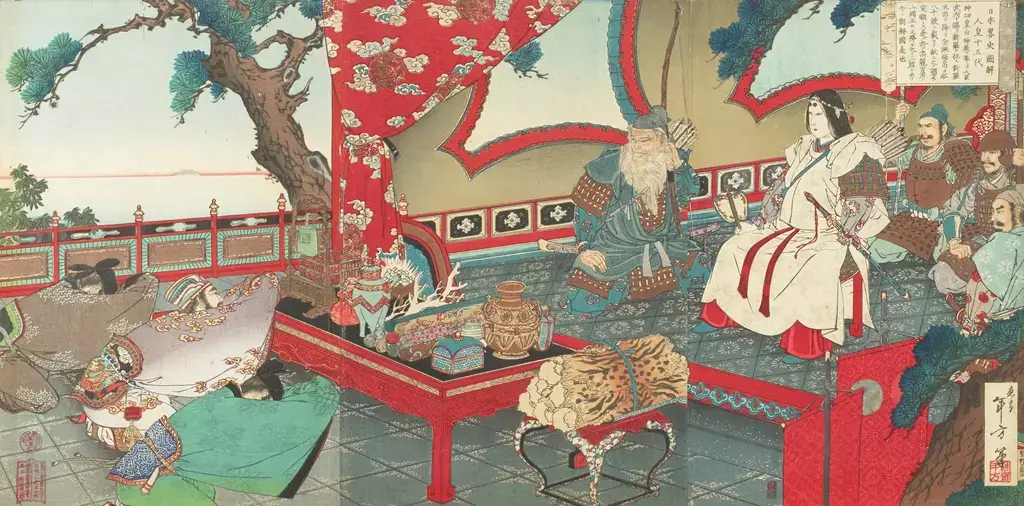
Empress Jingu, born in 169 AD, is one of Japan’s most famous figures. When rebel forces killed her husband, Emperor Chuai, Empress Jingu became so enraged that she swiftly eradicated the rebel forces. She then led an army on an invasion of a “promised land” (which many consider to be Korea) for three years before returning home. Empress Jingu was also the very first Japanese woman to have her likeness printed on Japanese currency (although there was a tremendous artistic interpretation used as there were no actual images of her to work from.)
Tomoe Gozen
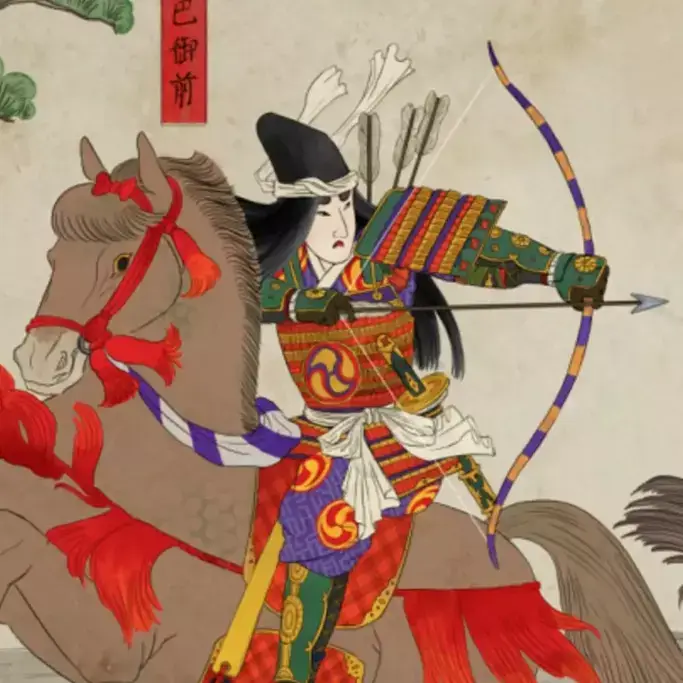
Alive during the late 12th century, Tomoe Gozen was a skilled and formidable warrior. Having served the samurai lord Minamoto no Yoshinaka, Tomoe Gozen became immortalized in The Tale of the Heike, a chronicling of the Genpei War of the 12th century. Tomoe Gozen is particularly famous for beheading Honda no Morishige of Musashi and for killing Uchida Ieyoshi.
Niijima Yae
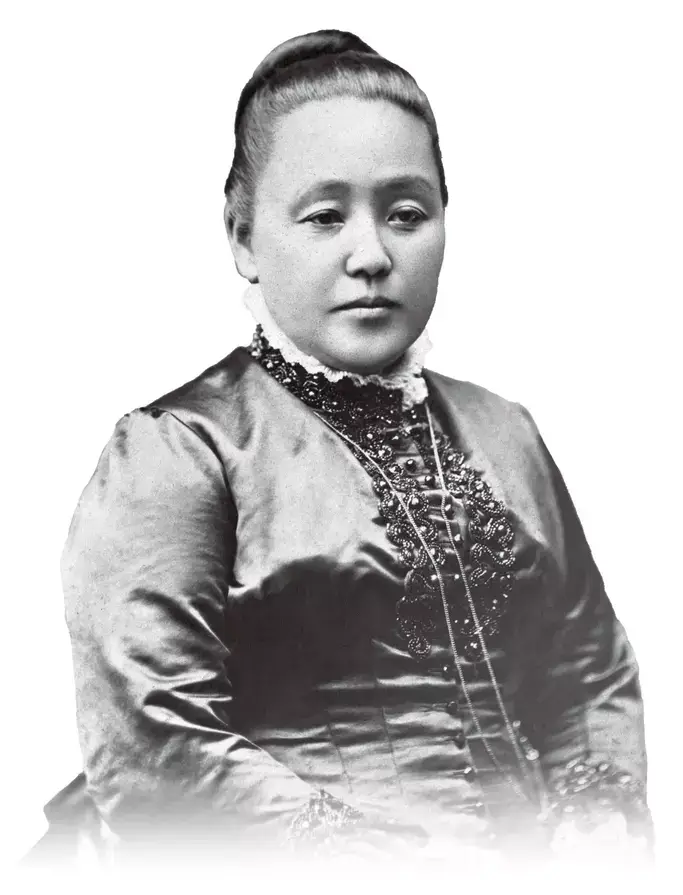
Born in 1845 and died in 1932, Niijima Yae was one of the last samurai in history. Belonging to the Hoshina clan, She fought during the Boshin War between 1868 and 1869. She also served as a nurse during the Russo-Japanese and Sino-Japanese wars. Later in her life, Niijima Yae became an educator and scholar, advocating strongly for women’s rights.
Why were onna-musha crucial in Japanese history?
Both the history of Japan and its culture today are male-dominated. With centuries of bloody warfare and tense political intrigue populated almost exclusively by men, it’s surprising to see so many capable and fearsome women have their names remembered. The onna-musha were absolute proof that not only were Japanese women capable of becoming the battle-hardened warriors the men were, but they were also capable of surpassing them.
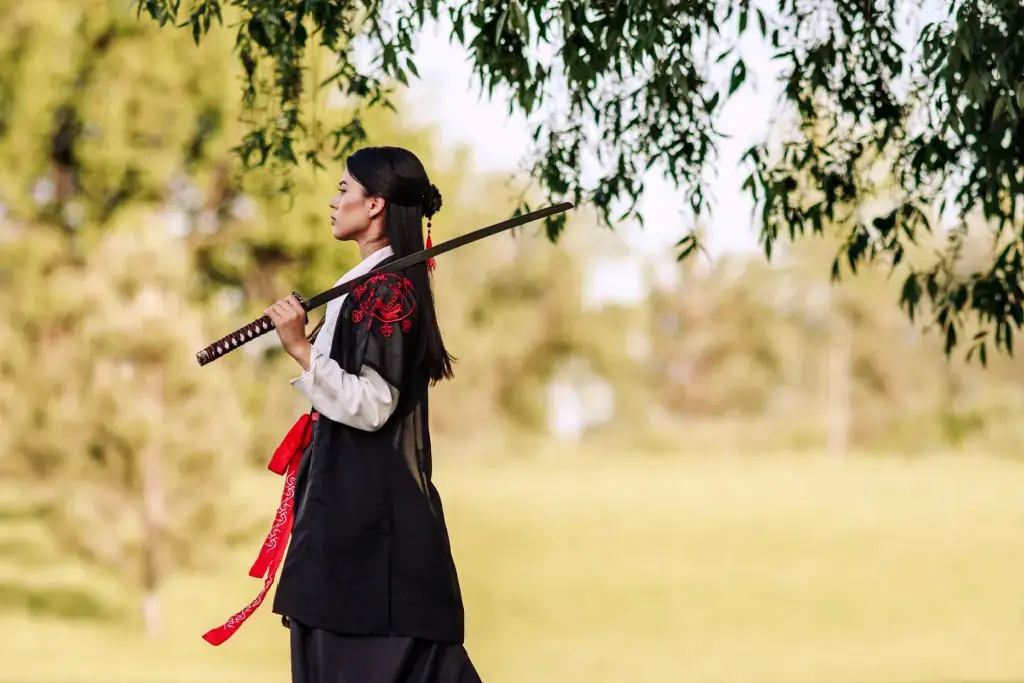
Are there any particular women warriors that have stood out to you? What are your thoughts on the women warriors of Japan’s past? Have you experienced any modern festivals and celebrations for them today? Please let us know in the comments below! We would love to hear your thoughts on Japan’s female warriors!


